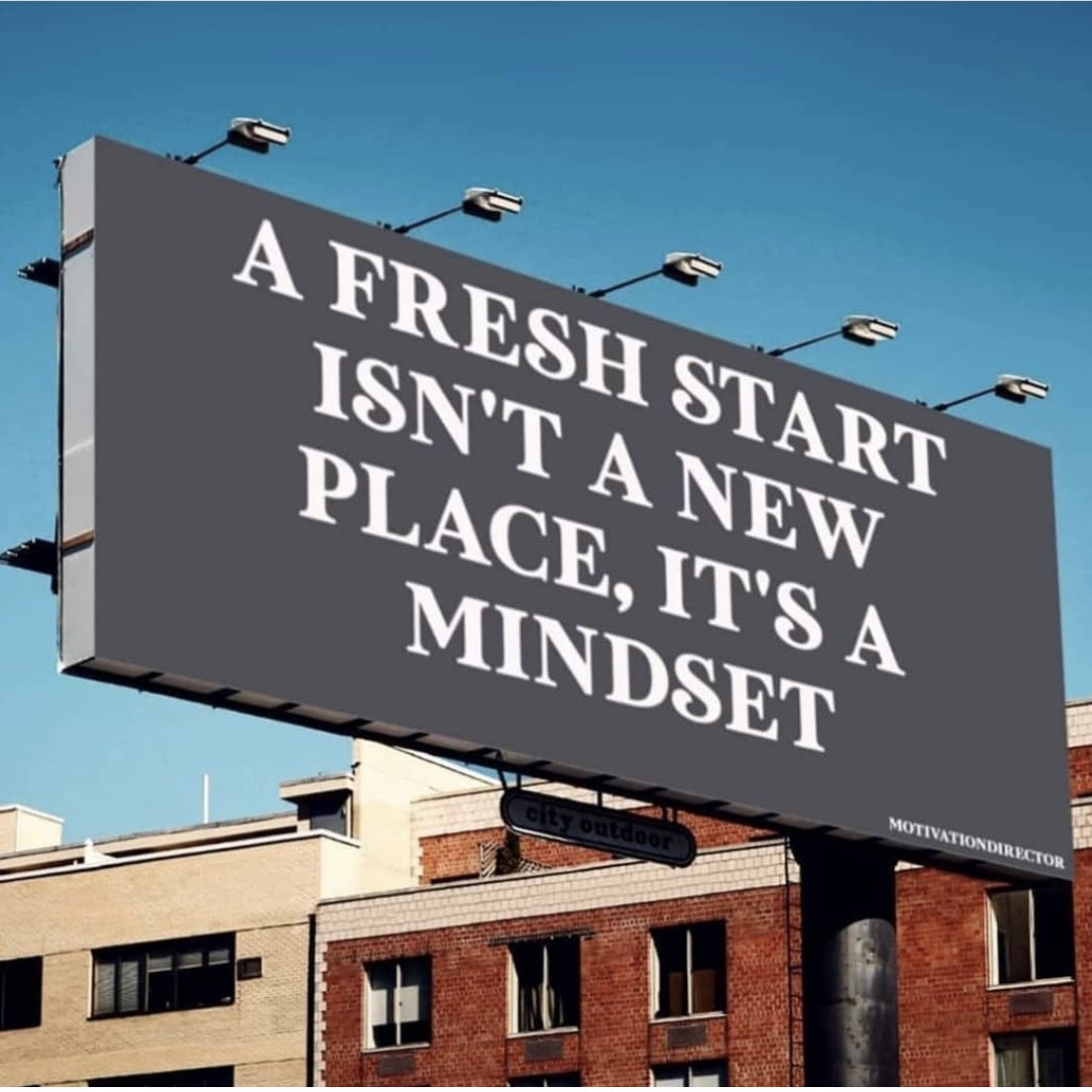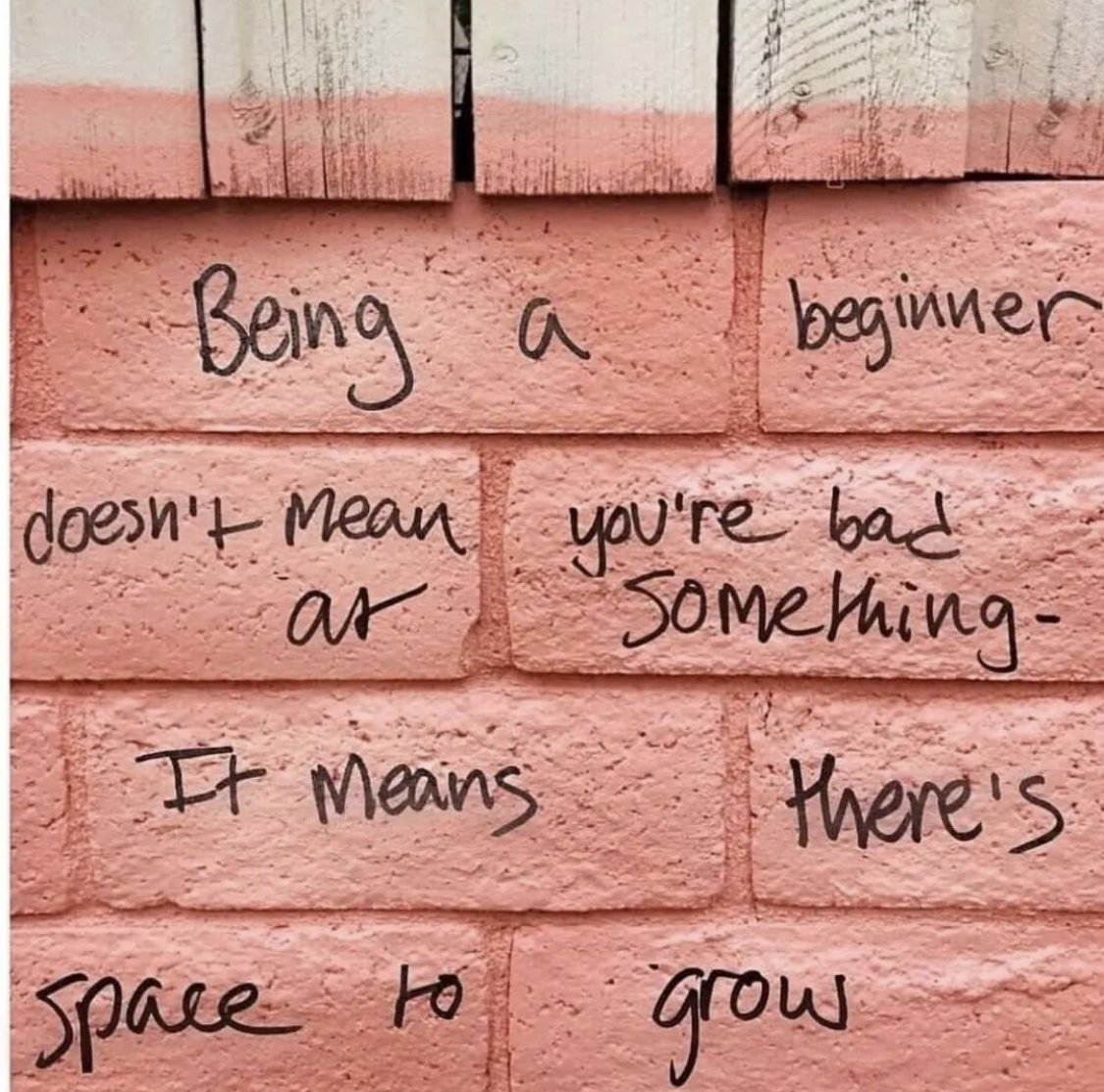The Art of Living a Mature Life
2025
‘Self-knowledge is the first step towards maturity.’ —Jane Austen
I matured quickly as the eldest daughter of six children, and I remember always striving to grow my personhood even from a very young age. I was fascinated by psychology, motives, and language and loved creating beautiful wisdom journals for my family and friends. I blissed out reading the Ann Landers advice column, learning so much about life’s predicaments and resolutions from my daily fix. I was deeply influenced by her famous column Maturity* and after my first high school psychology class I knew I had found my passion—seeking to understand the human condition.
During my nineteenth year, my father survived a catastrophic accident that created deep family trauma and compromise, and it froze a part of my developing brain. Looking back, I realize that I didn’t learn emotional self-regulation on a normal schedule of maturation. I experienced compassion burnout over many decades of caregiving, and this skewed my perception of myself as a loving being. I became adept at hiding my deepest feelings and desires by over-performing or numbing out. My coping mechanisms kept me safe and on track—until they didn’t. Shortly after my sixtieth birthday, severe vertigo attacks forced me to reckon with these discrepancies, and I began the process of defrosting the part of my brain that was waiting to mature properly.
As a result, I have become a student of the hallmarks of living a mature life. While I have lived responsibly and happily along this path, I can see from the list below exactly where my frozen brain needed attention. The ‘fear-scarcity’ and the ‘have to’ motivation are areas that I’ve taken a hard look at over this past decade. Through the healing practices of therapy, meditation, reading, boundary-setting, and many challenging conversations, I’ve helped myself to open more towards abundance and love and to be more connected to what I choose for myself, rather than defaulting to the expectations of others. I’ve learned that no matter how old I grow, it’s never too late to cultivate the art of maturity. And that’s the beautiful part of being a human—we are constantly evolving. Like beloved perennial flowers, we all have bloom seasons and dormant seasons, but we are always, always cycling toward beauty and maturity.
I share my journey with you because I suspect many of us feel a bit ‘off’ in an area or two of our emotional lives—and that can feel worrisome, weird, or worse. I’m here to confirm that we are all on this journey of expansion and that there is no timetable for growth. The coping mechanisms that we unconsciously create to bridge us towards a sustainable lifestyle are worthy and usually get the job done—for a while at least. I’m living proof that it’s never too late to take notice of what is not working and then try to resolve it. Everyone grows old but not everyone grows up. By embracing this process, we allow the beautiful patina of our lives and our relationships to shine brighter.
Emotional Immaturity Emotional Maturity
Reactive (Life happens to me) Proactive (I make choices)
Act OUT emotions Act ON emotions
Governed by habit Governed by vision/purpose
Come from fear/scarcity Come from love/abundance
“Have to” motivation “Choose to” motivation
Getting (self-centered) Giving (other-centered)
Seek security and self-protection Step outside comfort zone
Avoid failure, rejection, discomfort Seek growth
Separation/alienation from others Unity/goodwill with others
Live in the past/future Live in the present
Maturity is not measured in years but by how we handle the difficulties life presents. All of us are mature in our own ways, and we are all in the process of achieving more of it. It’s a way of experiencing and understanding the world, and it has many variables. People who have been through tough stuff tend to react to events with a calmer, more stable reaction and have a more mature perspective. A mature person demonstrates stability, wisdom, and self-awareness in various aspects of their lives.
By virtue of being alive we have all experienced some form of stress, trauma, crisis, PTSD, neglect, anxiety, or depression and our nervous system dysregulation simply didn’t allow us to act in the most mature way, or make space for as much emotional growth and retention as we would like. When maturity is seen as belonging to part of a spectrum, it becomes a relative concept, and everyone has a place on its path. Historically, we have not learned effective emotional communication as a culture-wide skill because emotions are regarded as better off contained—they are too messy and not welcomed into the conversation. Nor is this skill well modeled by the leaders, celebrities, and influencers we are saturated with via social media. Lately, we seem to be trending towards more erratic and immature responses in our general discourse, so I think there has never been a better time to take stock of our maturity portfolio and do some polishing.
We can think of Emotional Intelligence (EQ) as the toolbox for life skills and Maturity as the patina these tools have achieved over time with use and care. The hallmarks of emotional intelligence are the ability to recognize, understand, manage, and influence emotions—both in ourselves and others. We need the tools of self-awareness, self-regulation, motivation, empathy, and social skills to express our emotions effectively, handle stress, and lovingly communicate our feelings.
Maturity encompasses broader psychological, emotional, and behavioral development, and is seasoned by experience, wisdom, and personal growth. It includes traits like responsibility, patience, resilience, and the ability to make better long-term choices rather than acting impulsively. Maturity is not just about the number of candles on the cake, but about our mindset, behavior, and degree of our emotional intelligence. A mature person thinks before reacting, takes responsibility, and strives for personal and relational growth.
Emotional maturity is but one aspect of overall maturity—it also includes cognitive and moral maturity, intellectual, and social maturity. Someone can have high EQ but still lack maturity if they struggle with responsibility or strategic thinking. Likewise, a mature person might not always have high EQ if they struggle with emotional regulation or understanding others’ feelings. Ideally, both develop together for well-rounded personal growth.
‘Maturity is when your world opens, and you realize that you are not the center of it.’ —MJ Croan
Emotional Maturity:
Self-awareness: Recognizing your own emotions, strengths, and weaknesses. Emotional regulation: Managing emotions effectively, staying calm under stress, and avoiding impulsive reactions. Resilience: Bouncing back from setbacks and handling adversity with composure. Accountability: Taking responsibility for actions without making excuses or blaming others. Empathy: Understanding and respecting other people’s perspectives and emotions.
Intellectual Maturity:
Open-mindedness: Willingness to consider new ideas and accept differing opinions without being defensive. Critical thinking: Evaluating situations logically and making well-informed decisions. Curiosity and lifelong learning: Seeking knowledge and self-improvement without arrogance.
Behavioral Maturity:
Responsibility: Keeping commitments, fulfilling obligations, and being dependable. Self-discipline: Exercising control over impulses, managing time well, and delaying gratification. Adaptability: Being flexible and adjusting to change rather than resisting it stubbornly.
Social and Relationship Maturity:
Healthy communication: Expressing thoughts and feelings clearly and respectfully. Conflict resolution skills: Handling disagreements constructively rather than through aggression or avoidance. Boundaries: Understanding and enforcing personal limits while respecting others’ boundaries. Independence and interdependence: Balancing self-sufficiency with seeking support when needed.
Moral and Ethical Maturity: Integrity: Acting with honesty and strong moral principles even when no one is watching. Humility: Recognizing that no one is infallible and being willing to learn from mistakes. Compassion and fairness: Treating people with kindness and fairness, even when it’s difficult.
Perspective and Life Wisdom: Long-term thinking: Making decisions based on future consequences rather than short-term gratification. Patience: Understanding that progress, success, and relationships take time and effort. Acceptance of uncertainty: Recognizing that not everything is within your control and making peace with life’s unpredictability.
‘Maturity is the age when one is no longer fooled by oneself’. —Ralph Waldo Emerson
Hacks For Cultivating A Mature Life
1. Stop The Blame Game: Stop blaming yourself because you will never, ever hate yourself into loving yourself. Self-acceptance is the basis for self-love, and it begins with you. You will not thrive in a victim mindset, so stop blaming your boss, your partner, your parents if things are not going your way. Accept your humanity, flaws, and shadows—you are you—and that’s beautiful! Know your worth: release the need for validation from others. Learn how to apologize. Learn how to forgive. Embracing high self-worth behavior while living your values is the best way to move on and live your best life.
2. High-Frequency Vibes: Spend time with people who help you to thrive; kind people who are smart and like-minded. Relationships should help you, not hurt you. Surround yourself with people who reflect the person you want to be, who cheer you on, who respect your boundaries, and who align with your aspirations.
3. Focus On Goals: Ask yourself three questions: 1. What do I want? 2. Why do I want it? 3. How am I going to get it? Developing confidence is a skill and a choice; self-sabotage is immature avoidance behavior. FEAR is one of two options: Forget Everything And Run, or Face Everything And Rise—you get to choose what your ‘mature life’ looks like.
4. Practice Stoicism: Learn to live peacefully with what you cannot change. Feel your feels, but don’t indulge in denial—accept facts with intelligence and then take the most appropriate action in a drama-free and timely manner. Learn to forecast—mature people easily suspend immediate pleasure in favor of long-term gain. This practice creates a grounded, focused demeanor and a productive environment in which joy and love can flourish.
5. Embrace Change & Challenges: Understand that you are not the center of the universe and that you must co-exist with a wide range of opinions. New things and thinking might feel scary, but that’s only because it’s new to you, not because you aren’t capable of change. Be a good listener, a lifelong learner, and surround yourself with a variety of people from all ages and walks of life. Find a mature mentor you respect and pick their brain over coffee dates. Make plans to leave your comfort zone regularly.
6. Live authentically: Despite one’s environment, culture, or society, a mature person is honest, humble, and grateful. You don’t need to be the center of attention to succeed. Do your work, focus on your goals, build momentum and joy into your life, and you will be living authentically. Develop your moral compass by understanding your ethics, intentions, and motivations. Become a student of life.
‘Mature love is calm, not chaotic. Stimulating but safe. Playful but peaceful. It’s not a constant high but a steady and thoughtful presence, demonstrated through consistent actions.’ —Vex King
I’d love to hear from you—feel free to send your comments to me. Please share this post with a friend :) and thank you for reading!
*Maturity by Ann Landers Circa 1970’s
“Maturity is many things. It is the ability to base a judgment on the big picture, the long haul. It means being able to resist the urge for immediate gratification and opt for the course of action that will pay off later. One of the characteristics of the young is ‘I want it now.’ Grown-up people can wait.
Maturity is perseverance—the ability to sweat out a project or a situation despite heavy opposition and discouraging setbacks and stick with it until it is finished. The adult who is constantly changing jobs, changing friends, and changing mates is immature. S/He cannot stick it out because s/he has not grown up.
Maturity is the ability to control anger and settle differences without violence or destruction. The mature person can face unpleasantness, frustration, discomfort, and defeat without collapsing or complaining. S/He knows that they can’t have everything their own way every time. The mature adult can defer to circumstances, to other people, and to time. They know when to compromise and they are not too proud to do it. Maturity is humility. It is being big enough to say, ‘I was wrong.’ And, when right, the mature person need not experience the satisfaction of saying, ‘I told you so.’
Maturity is the ability to live up to your responsibilities, and this means being dependable. It means keeping your word. Dependability is the hallmark of integrity. Do you mean what you say—and do you say what you mean? Unfortunately, the world is filled with people who can’t be counted on. When you need them most, they are among the missing. They never seem to come through in the clutches. They break promises and substitute alibis for performance. They show up late or not at all. They are confused and disorganized. Their lives are a chaotic maze of broken promises, former friends, unfinished business, and good intentions that somehow never materialize. They are always a day late and a dollar short.
Maturity is the ability to make a solid decision and stand by it. Immature people spend their lives exploring endless possibilities and then do nothing. Action requires courage. Without courage, little is accomplished. Maturity is the ability to harness your abilities and your energies and do more than is expected. The mature person refuses to settle for mediocrity. S/He would rather aim high and miss the mark than aim low—and make it. Maturity is the art of living in peace with that which we cannot change, the courage to change that which should be changed no matter what it takes, and the wisdom to know the difference.”






















